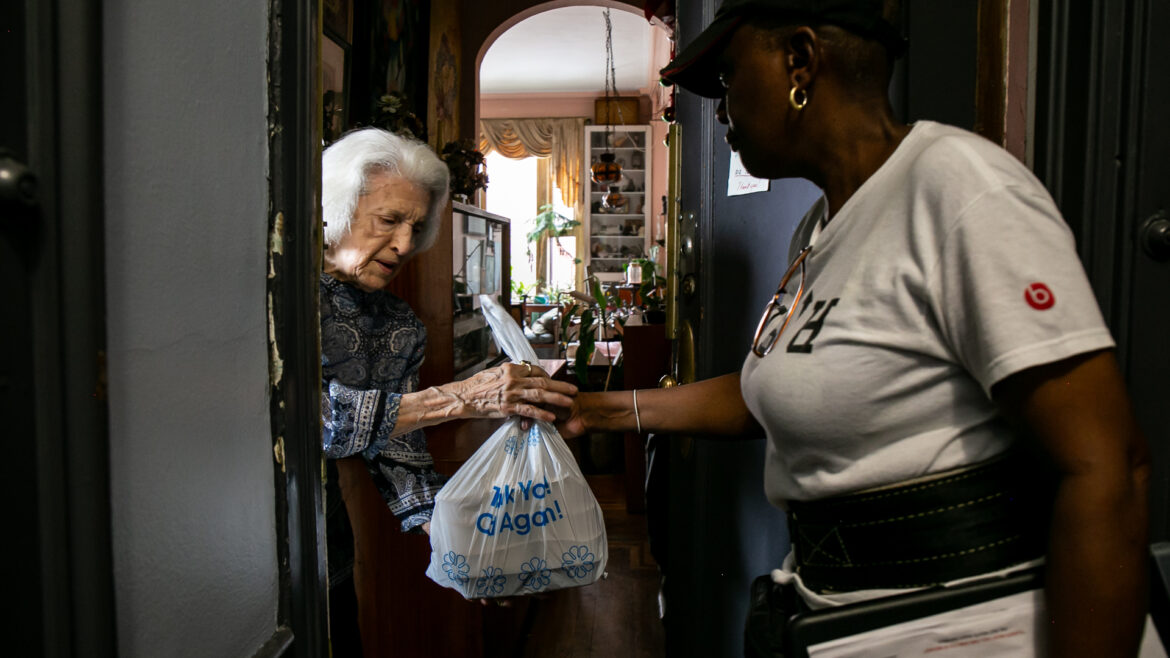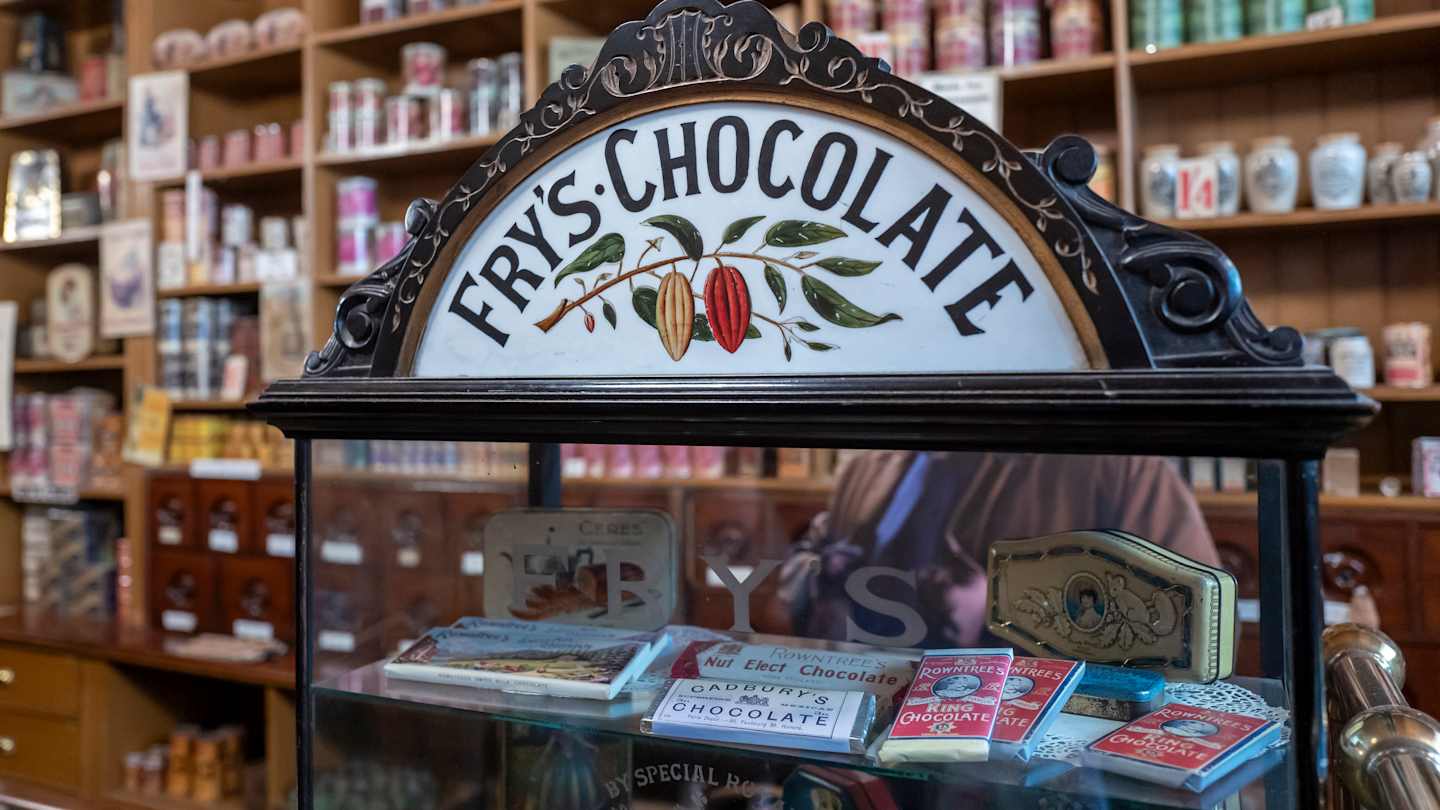In New York City, a significant number of senior citizens succumb to food insecurity caused by fixed incomes and an unwavering increase in the cost of living. This situation has spurred the imperative need for meal delivery services. Such services not only promise a healthy and regular source of sustenance but also lend a sense of companionship to those too frail or too lonely to cater for themselves.
This concern was brought to light edge when a journalist visited the apartment of Andre Domerson, an 85-year-old resident of Euclid Hall in Manhattan. Paralyzed by hypertensive and hyperlipidemic health conditions and soupçon of hypothyroidism, Domerson relies heavily on the social worker who brings him dinner. He also receives a lunch, rationed and preserved to last him till breakfast, from Encore Community Services. The agency offers meal and care facilities to senior New Yorkers who, with ailing health and looming loneliness, struggle to sustain themselves.
A 2023 survey by the CUNY Urban Food Policy Institute and City Meals on Wheels unraveled the shocking fact that 65% of survey participants were collecting an annual income of fewer than $15,000. Furthermore, 60% of homebound older adults receiving meals at home were struck by food insecurity. This underlines the need for expanding these services to accommodate more deserving recipients.
Advocates for the cause emphasize the necessity for the city to provision three meals a day to older residents who are confined to their homes and live alone. While existing organizations like Encore and City Meals on Wheels are striving to contribute what they can, their efforts are hampered by a lack of adequate funding to cover the running cost of these programs.
The importance of food delivery services leaps the boundary of nutrition. Meals are delivered by volunteers who also offer crucial companionship that many seniors severely lack. However, food insecurity leads to an undeniable increase in stress, anxiety, and depression amongst the elderly. This detrimental scenario can be traced back to the poor availability, and awareness, of such services that exist to serve them.
Faltering physical and financial stability, coupled with an eroding social fabric, has led to 45% of people aged 60 and older to live alone. Individuals surveyed as part of a study disclosed a lack of family or friends who could provide them daily meals and referred to cooking as a “hassle”. While organizations like Encore and City Meals on Wheels are stepping in to alleviate these struggles, recipients often express the need for more.
These challenges point to the superficial capacity of the city’s current food programs to cater to the diverse nutritional needs of older residents. Therefore, a more tailored approach accommodating specific needs and diverse food patterns of older adults is required for these initiatives to be fundamentally effective.
In conclusion, an immediate investment into meal delivery systems is crucial to address the rising demand for food and companionship among the city’s aged population. Current provisions, although noteworthy, are under-financed and understaffed, to adequately cover the growing need for food and companionship amongst seniors citizens in New York City.




